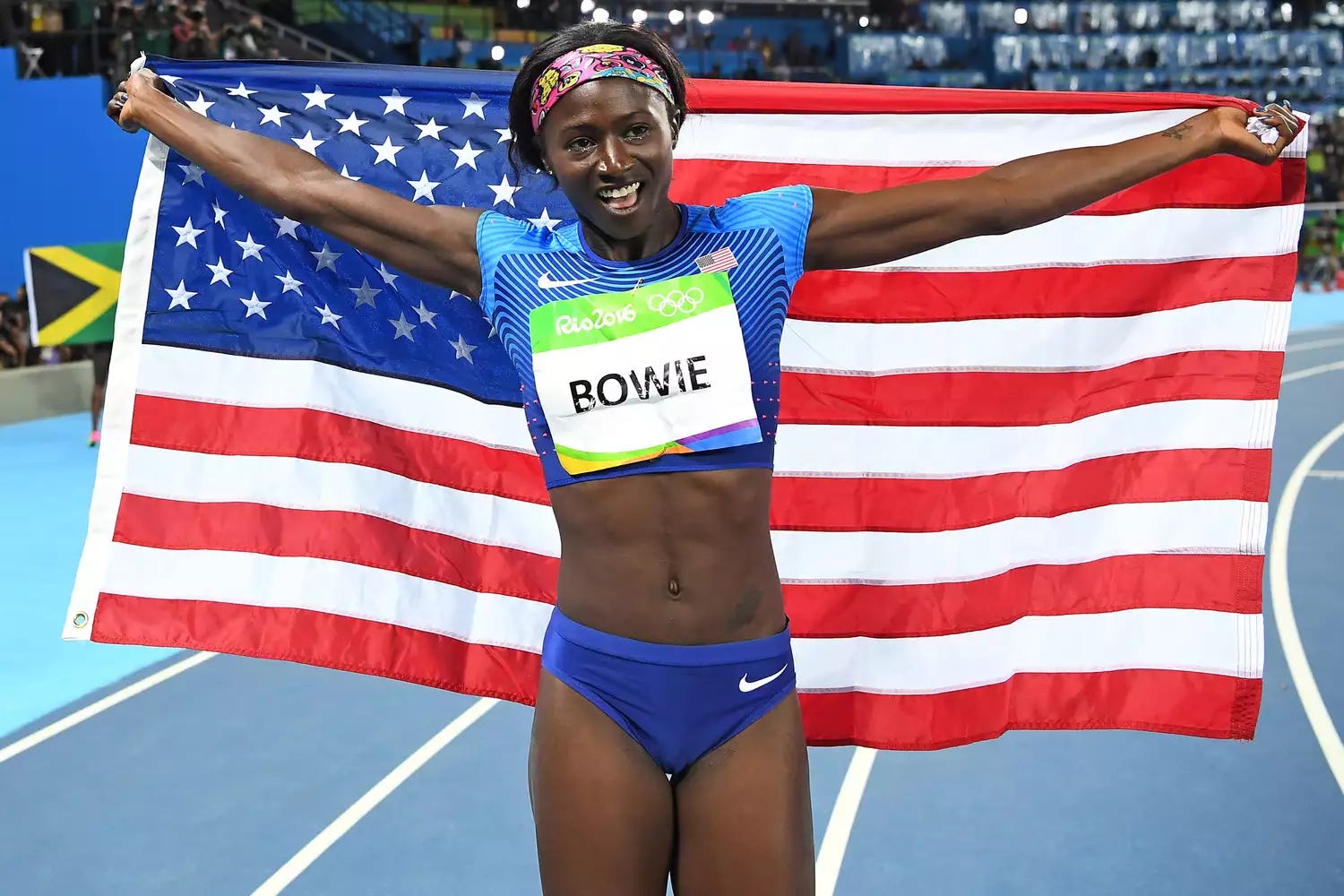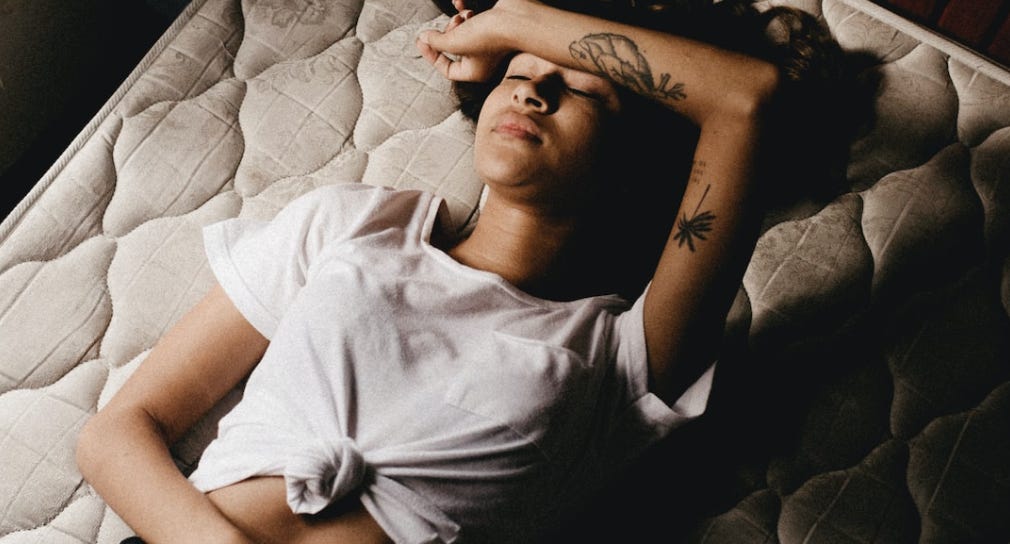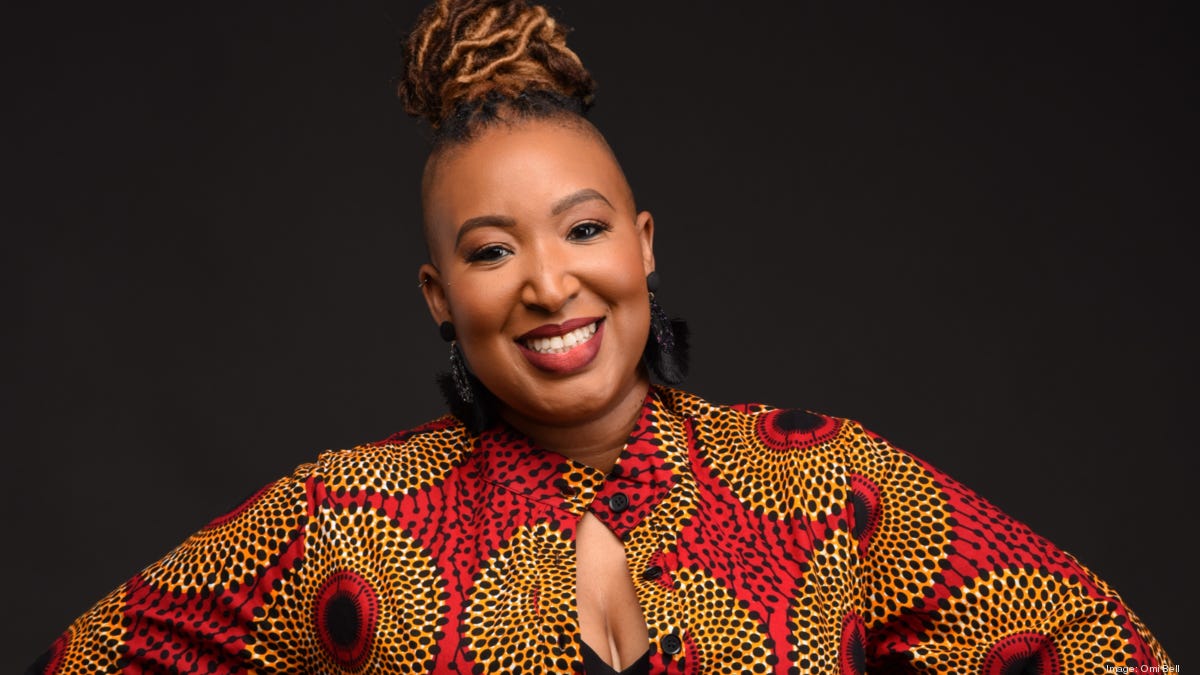Olympians and maternal mortality, the student loan burden, a new cannabis conference...
Plus, how Black women in hip hop changed the way we talk about AIDS, how mediocre relationships might block Black women's wealth, and alarming crime disparities in Chicago.
Hello everyone,
Here are some of the top news stories about Black girls and women that you might’ve missed this week, along with some compelling evergreen pieces. Please make sure to like and share this newsletter, and consider becoming a paid subscriber if you haven’t already. Thank you for your continued support!
Tori Bowie's Death During Childbirth Spotlights High Maternal Mortality Rate Among Black Women
Anna Lazarus Caplan, People
“Bowie, 32, experienced possible complications including ‘respiratory distress and eclampsia,’ according to her autopsy, which was obtained by PEOPLE. She was found dead in her bed after authorities in Florida conducted a welfare check on May 2. The track star was about eight months pregnant and was in labor at the time of her death, with a ‘well-developed fetus.’ According to the autopsy, the 5-foot-9 inch Bowie weighed 96 pounds at the time of her death.”
Allyson Felix: Tori Bowie Can't Die In Vain
Allyson Felix, TIME
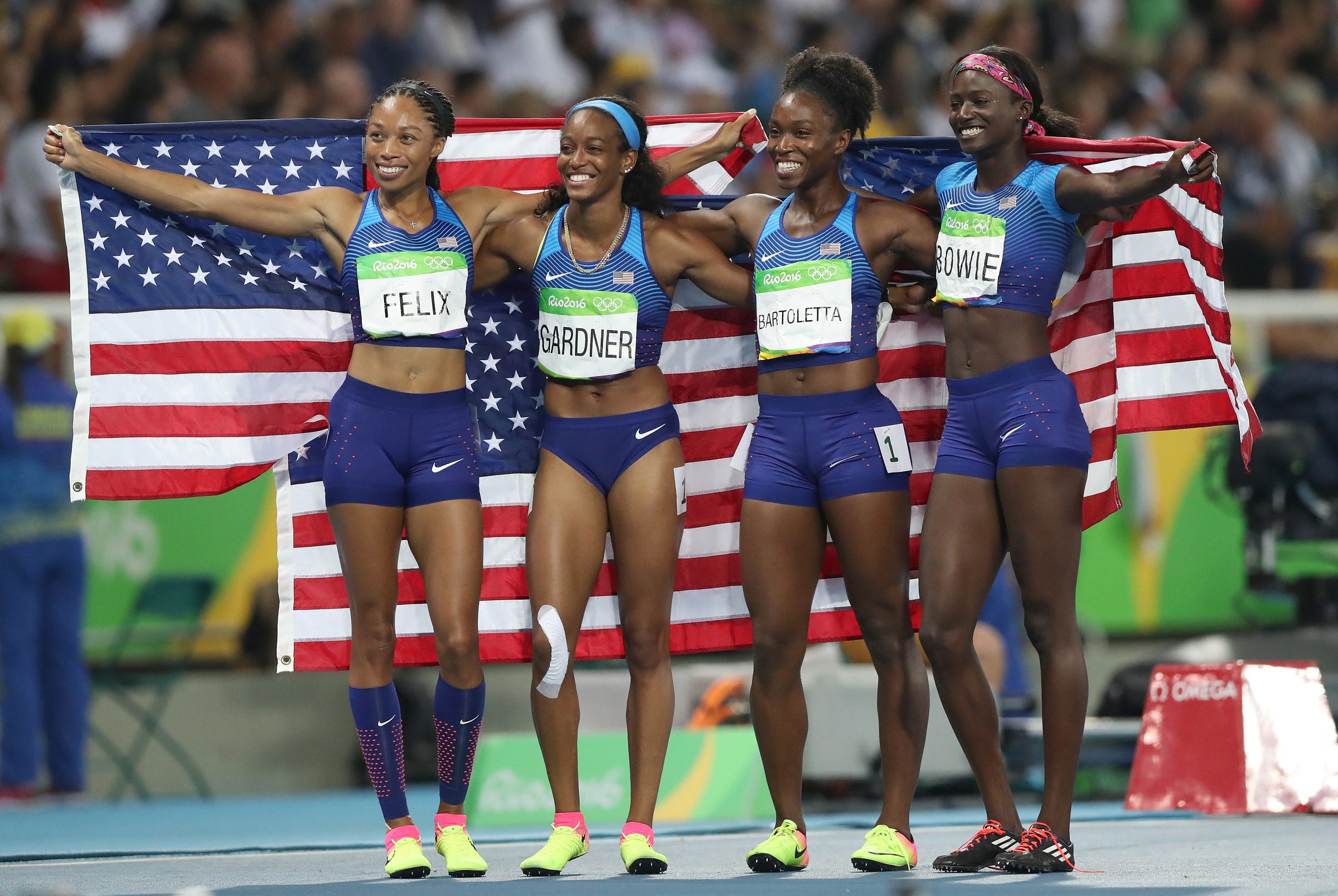
“Three gold medalists from that 4 x 100 relay team in Rio set out to become mothers. All three of us—all Black women—had serious complications. Tianna Madison has shared that she went into labor at 26 weeks and entered the hospital “with my medical advance directive AND my will.” Tori passed away. We’re dealing with a Black Maternal Health crisis. Here you have three Olympic champions, and we’re still at risk.”
Black women offer lawmakers a policy guide on reproductive justice
Cheyanne M. Daniels, The Hill
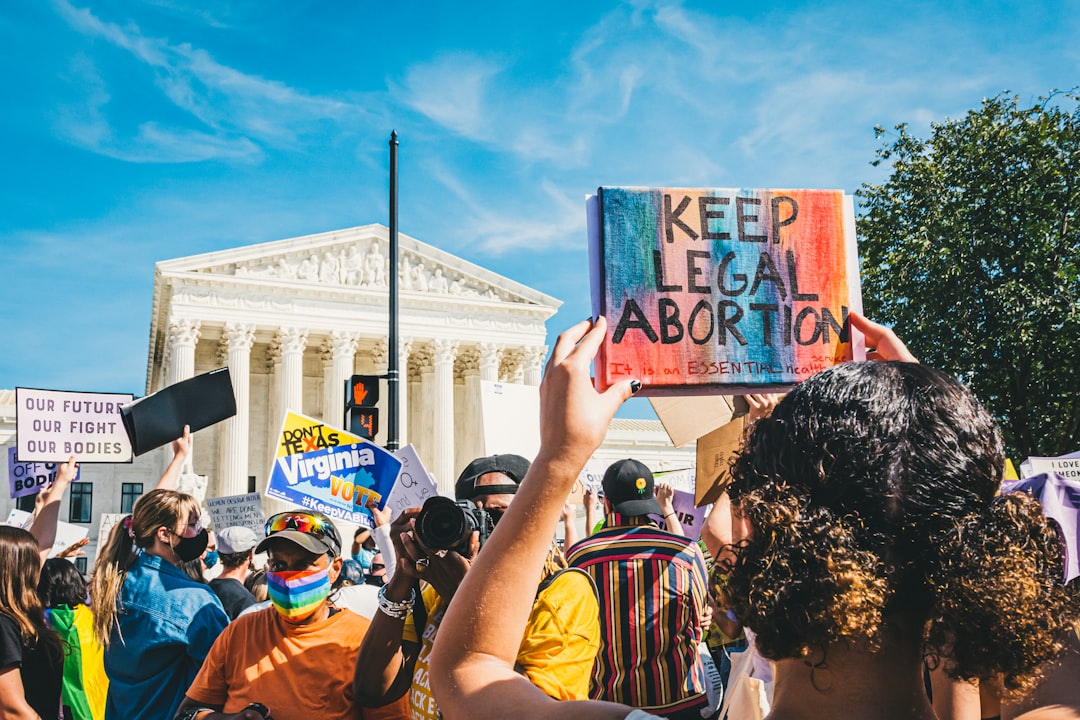
“A collaboration of more than 30 Black-led organizations has created a comprehensive guide for policymakers to apply a reproductive justice framework to formulate policy that centers and improves outcomes for Black women, girls and gender-expansive people. The Black Reproductive Justice Policy Agenda has been in the works since 2021, with organizations such as In Our Own Voice: National Black Women’s Reproductive Justice Agenda, Interfaith Voices for Reproductive Justice, and SisterLove Inc. at the helm.”
80% of Black Women Experience Fibroids. Does Racial Trauma Play a Role?
Akilah Wise, Capital B and Vox
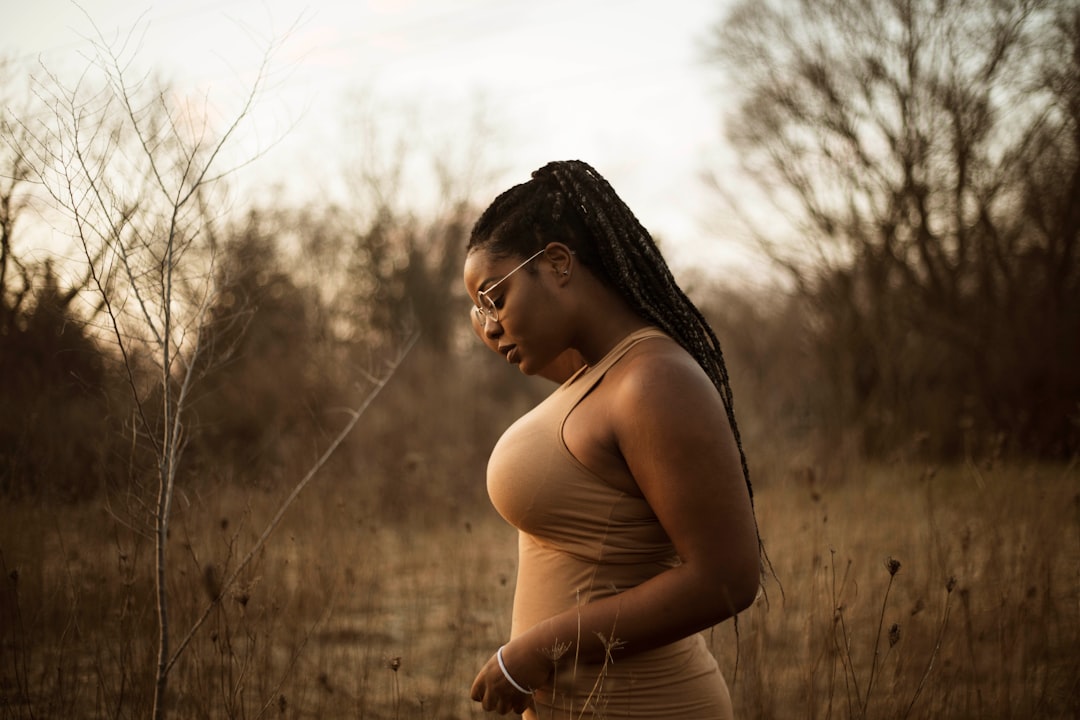
“Pinpointing how fibroids develop down to the cellular level would help women better manage factors that affect their risk and lead to better treatments, experts say. More research can help steer the conversation away from the tendency to blame fibroids on Black women’s behavior and put the focus on sustainable solutions. Here’s an overview of what we know — and do not know — about what’s at the root of fibroids among Black women.”
Why Is This Happening to Black Women In Chicago?
Angela Johnson, The Root
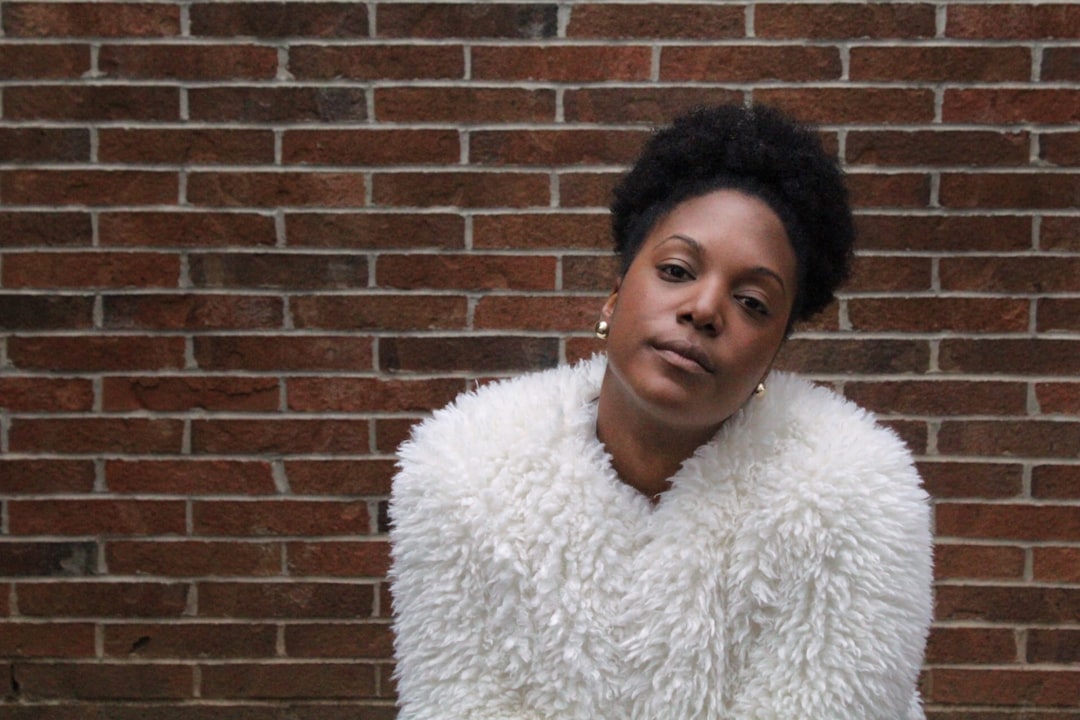
“For their investigation, the network analyzed over 8 million profiles of victims, accounting for every crime reported in the city for the past 20 years. And their research revealed that Black women have consistently felt the deepest impact. In 2022 alone, crime data showed that although Black women represent only 16 percent of the population, they were nearly 1 in 4 of the city’s crime victims, including 35 percent of assault victims and half of human trafficking victims.”
We Need To Talk About Black Women’s Struggle With PMDD
L’Oréal Blackett, Refinery 29 Unbothered
“‘I feel everything everywhere all at once during that time [of my menstrual cycle],’ Fiona tells Unbothered over Zoom, looking towards the sky. ‘The emotions are so big and so huge, and there are many running thoughts of suicide. It can be debilitating,’ she confesses, sighing. Based in the US, Fiona Williams is in her 30s and suffers from premenstrual dysphoric disorder (PMDD), an under-researched and undertreated mood disorder that can cause extreme emotional and psychological distress up to a week before a person’s period. Online it has been dubbed ‘premenstrual syndrome (PMS) on steroids,’ but for sufferers, this explains little of the hormone condition’s life-altering impact: nearly one in five people suffering from PMDD can experience feelings of suicidal ideation, and more than half battle with self-harm.”
This Angel Investor Believes Mediocre Relationships Are Blocking Black Women From Wealth—Here’s What She Means
Jasmine Browley, ESSENCE
“A psychic told Omi Bell that she would attain great success as a businesswoman—she just would be single when it happened. This came as a shock since she was engaged to be married and was raising three children at the time with her partner.
After working in in K12 education and IP strategy for years, she’d experienced two layoffs and wanted to finally launch something of her own. But her fiance didn’t think starting a business would be stable enough for their family despite Bell’s deep entrepreneurial aspirations. At a loss, she leaned on the nonconventional resource for guidance and received a reading that shifted her life forever.”
How Black Women In Hip-Hop Changed The Way We Talk About AIDS
Taylor Crumpton, Refinery29 Unbothered
“Interwoven in the messages of gangsta rap from the East and West Coast was the grotesque characterization of the dope fiend, the crackhead, the sex worker — identities used to mischaracterize Black women and LGBTQ folks as harbingers of an invisible virus. Thankfully, Black women in hip-hop have addressed the misinformation in the only way they knew how: through the music. The same vehicle that their male peers used to dismiss them became the tool to mass distribute youth-centered, culturally relevant, and women-led information to the world.”
Black women and the student loan burden
Sophia Gardener and Leah Clark, Politico
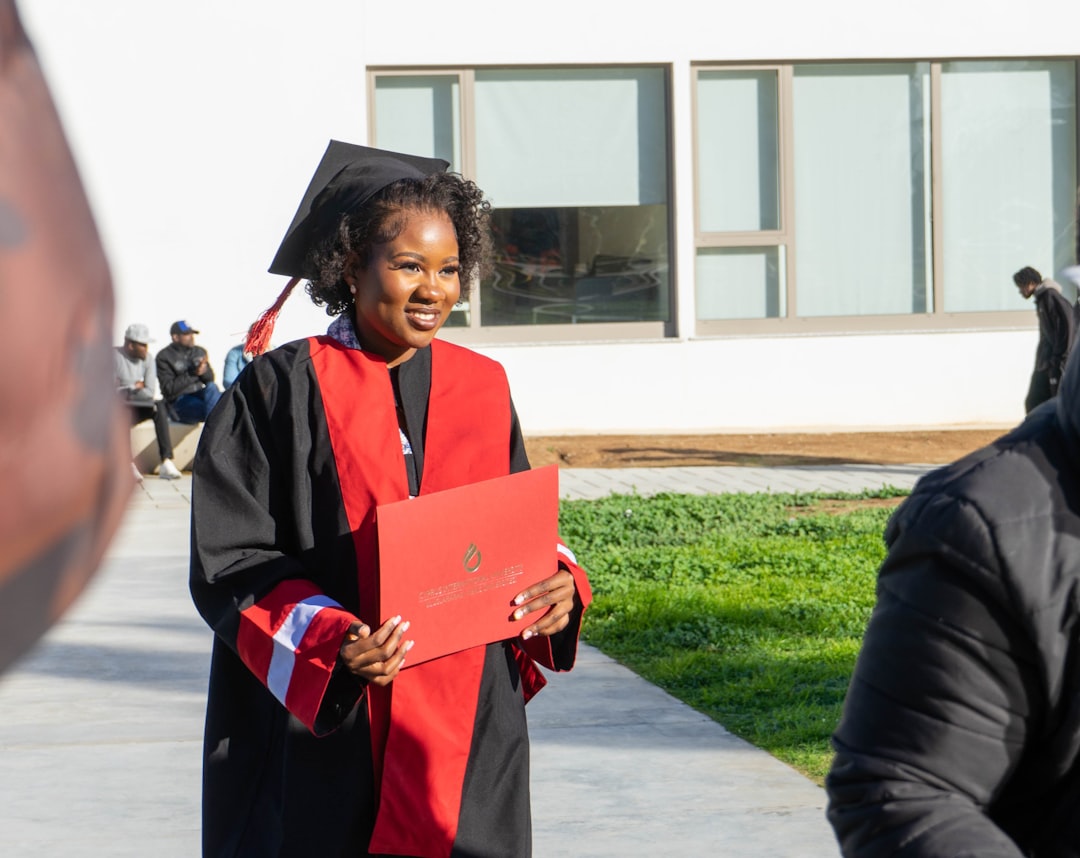
“In general, women are disproportionately affected, holding nearly two thirds of the country’s outstanding student debt. But Black women face even starker disparities. On average, women graduate owing almost $22,000 in student debt, while that number for men is $18,880. Black women graduate with an average of $37,558 in debt.
Why are the differences so extreme? ‘When we specifically talk about how black women experience student loan debt, you cannot have this conversation without addressing the racial wage gap, and the racial wealth gap,’ said Brittani Williams, a senior policy analyst at The Education Trust who has studied disparities in student debt.”
The Inaugural Women Of Color Cannabis Business And Wellness Conference Puts Black Women On An Even Playing Field
DeAnna Taylor, EBONY
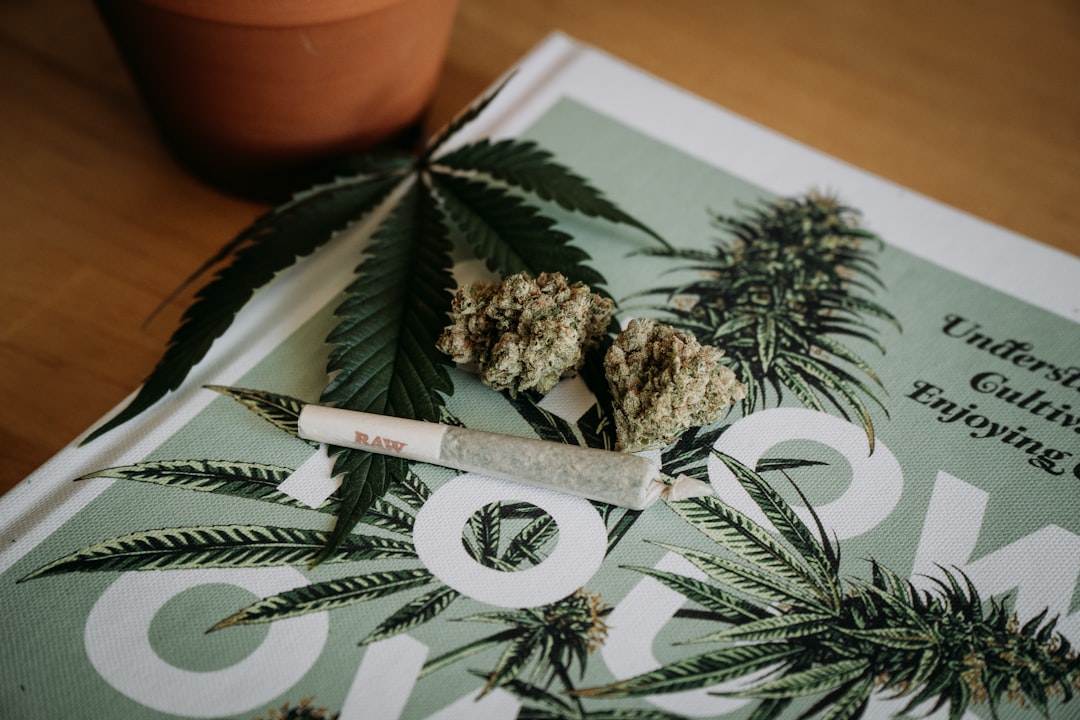
“As more Black and Brown entrepreneurs seek to tap into the market, Cannabis Noire founder Sheena Roberson is looking to diversify it even more with more women of color. Created in 2018, her brand will soon host its inaugural Women of Color Cannabis Business and Wellness Conference, from June 24, 2023 to June 25, 2023, in Philadelphia. With an aim to provide a safe and supportive space where Black and Brown women can amplify their voices, gain valuable insights and forge new opportunities, attendees of the public event will have access to a wide range of workshops, panels and networking opportunities that cover essential topics.”





